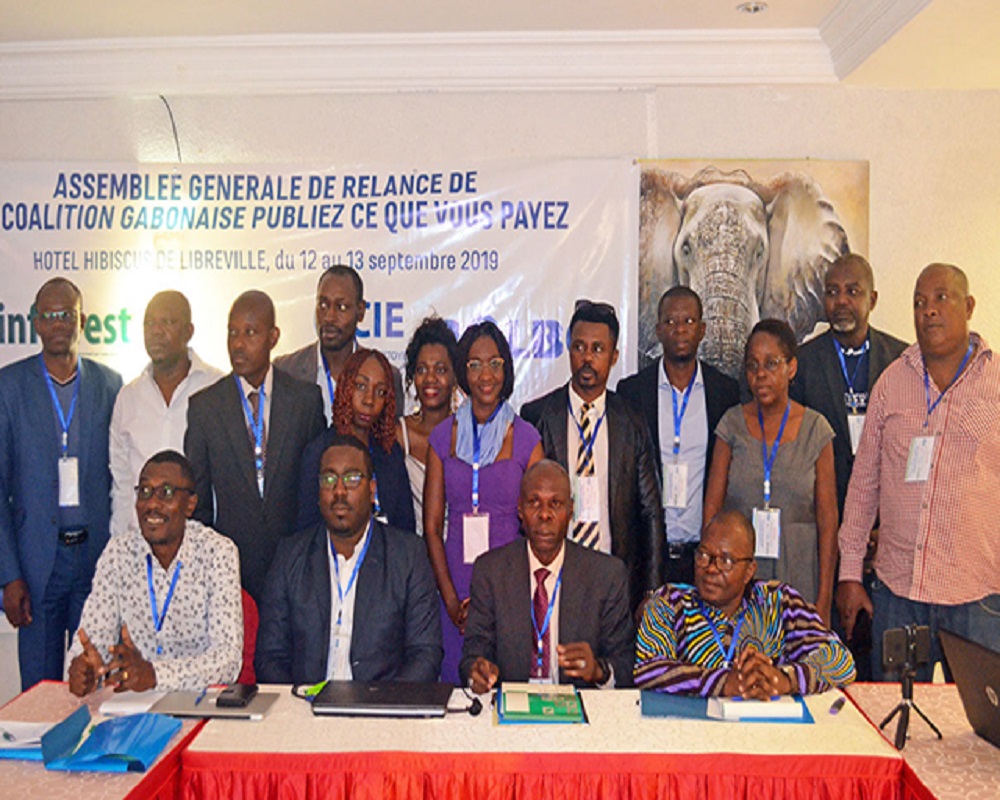The National Coordination office of the global Publish What You Pay (PWYP) coalition, a stakeholder in Gabon’s reintegration process into the Extractive Industries Transparency Initiative (EITI), requested the involvement of the government to facilitate at best the establishment of the interest group.
Almost a month after the installation of the President of the Extractive Industries Transparency Initiative (EITI) Interest Group, Léontine Oyouomi Loumbou Bibey, appointed during the Council of Ministers of November 20, 2020, Publish What You Pay (PCQVP), the Gabon section would like the government to be more involved in this matter.

In a note dated January 5, the local PWYP office calls on the government to ensure its full involvement in the process of finalizing Gabon’s new candidacy, for the implementation and future governance of the Interest Group. They would like the government to collaborate fully in the success of this challenge, which should help restore transparency in the extractive industries sector.
PWYP Gabon’s national office is prepared to serve as a first-rate information relay to the EITI Board of Directors, in order to guarantee the State the full success of the process.
In this regard, it encourages the government to provide all the partners in the process quickly and in full transparency with a draft costed work plan intended to support the implementation of the standard, the budget, as well as the all the amenities necessary for the proper functioning of the interest group and for regular information to the public.
“Publish What You Pay already expresses the wish that the implementation of the EITI standard once on track, its scope of application will be extended in a second step, to the forest / wood sector in order to improve the traceability of the colossal financial flows that are generated there and whose numerous scandals relating to it, regularly make the cabbage fat of the press, both national and international, further damaging the occasion, the image of Gabon in the eyes of the whole world as a counterexample in terms of good governance ”.





